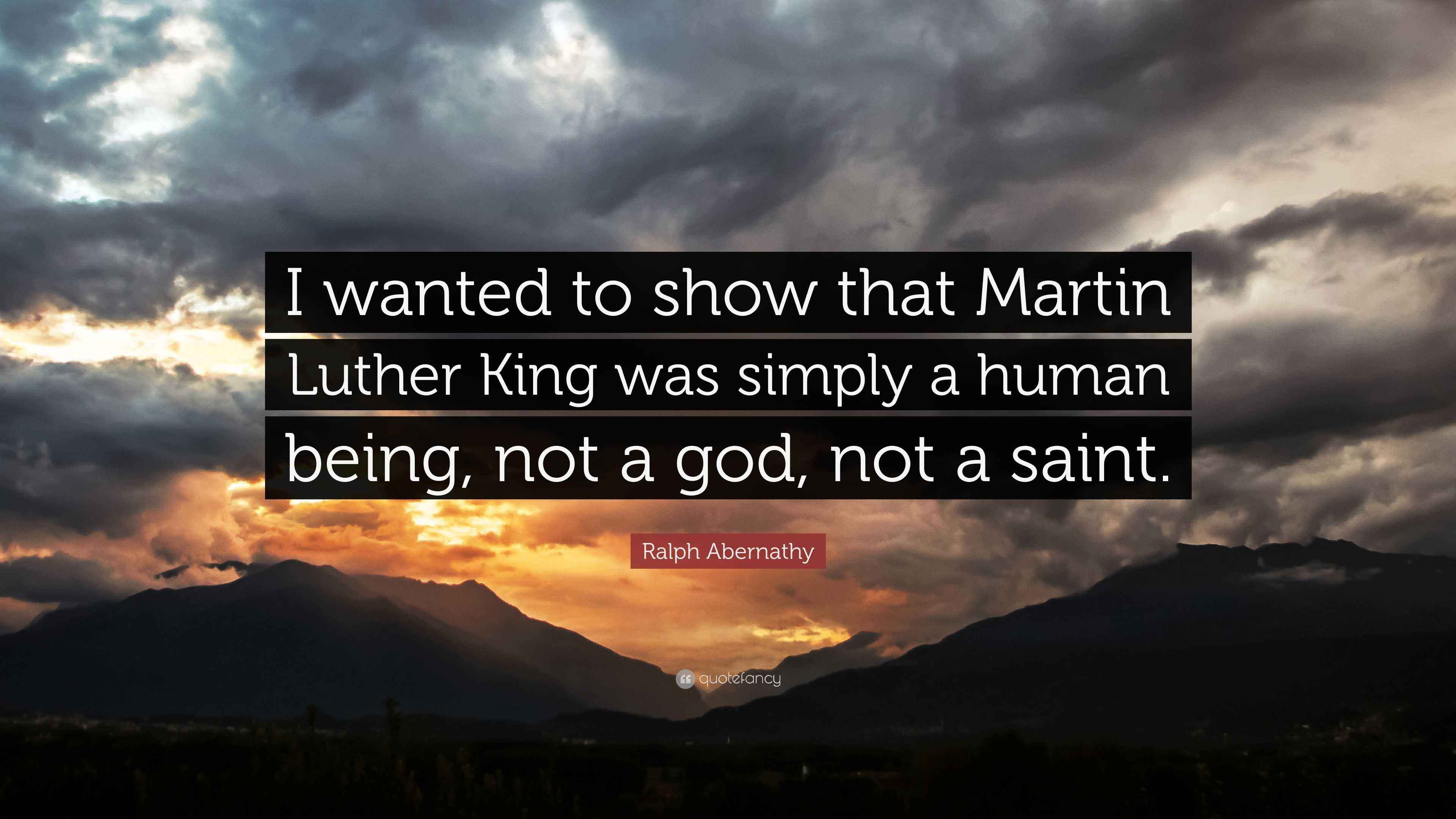
that we talk about prosperity and terms like “survivor” and “warrior.” I’m also curious about the very triumphant way in the U.S.

I always think of lucky people as the people that just by sheer accident nothing has happened to, and I try to imagine them with love in my heart, but I would never use it to describe someone who’s ever lost a single thing. The word lucky is good at describing things that happen to us in a culture that doesn’t believe in luck. The definition of luck in this book was that it had a positive outcome with a fortuitous twist, like it was positive and out of your control.

Why can’t that pain stand all on its own? I read a history of luck recently because I was mad about it. I think it’s connected to our culture’s obsessive right-siding, our exhausting optimism, our punitive futurism. It forces them to put their pain and life and losses on a spectrum of other people's experiences and say “better than”/ “worse than.” Usually it feels like it’s freighting suffering people with the responsibility to be grateful for something. I think lucky feels like a very loaded word. I think life is hunger and I think that’s okay. And that even if I were the most adorably Zen-like person, I would never look at my kid and not want more time, more eating peanut butter puff cereal, and rewatching Toy Story. I’ve been trying to come to some kind of peace that living is hunger. On the last day of our life, will our inbox be zero? We somehow have this mythical belief that will have some kind of finished life. I love what you wrote about not making a bucket list: What is it to “complete” life? What does that even mean? And if you didn’t check off every item, is it more tragic? But our lesson-obsessed culture is really making it hard to just go through things without feeling like you’re supposed to be joyful or profoundly existential about it. And I really understand that it is so hard to go through anything without believing that it’s adding up to something. I think we freight suffering people with these questions more than we do average lucky people. Sometimes you just have to pay bills and show up for your friend and listen to her talk again about whether she should dump her boyfriend - and she should - and be in a faculty meeting and be in traffic. We can’t make every minute into a moment. And it’s one of the limits to the whole “Be Here Now,” mentality, mastery mindset crap. Kate Bowler: Trying to make our lives meaningful all the time is so stupid. Sandi Villarreal, Sojourners: After a diagnosis, I think there’s often a very strong sense that you have to find that profound message, the lesson, right? But then you also have to change a diaper. This conversation has been edited for length and clarity. Bowler spoke with Sojourners’ editor-in-chief, Sandi Villarreal, in early September. She is the author of several books including Blessed: A History of the American Prosperity Gospel and The Preacher’s Wife: The Precarious Power of Evangelical Women Celebrities. “Our lesson-obsessed culture is really making it hard to just go through things without feeling like you’re supposed to be joyful or profoundly existential about it.” -Kate Bowler is an associate professor of the history of Christianity in North America at Duke University and host of the Everything Happens podcast. In her new book, No Cure for Being Human (and Other Truths I Need to Hear), the New York Times bestselling author, professor, mother, and “ cancer alumnus” explores what it looks like to live in the after.Īfter a successful immunotherapy trial, Bowler, now 40, once again has to reconfigure the way forward - with new questions about finitude, medical trauma, career versus calling, and a culture that keeps trying to impose norms of what success looks like. In her 2018 book, Everything Happens for a Reason: And Other Lies I’ve Loved, Bowler chronicled her sudden diagnosis with stage 4 cancer at age 35 and dissected the ways people - particularly Christians in the United States, infused with prosperity thinking - speak to the suffering. Kate Bowler is well-versed in befores and afters, in weighing the beautiful and terrible parts of life that run into each other every day.


 0 kommentar(er)
0 kommentar(er)
